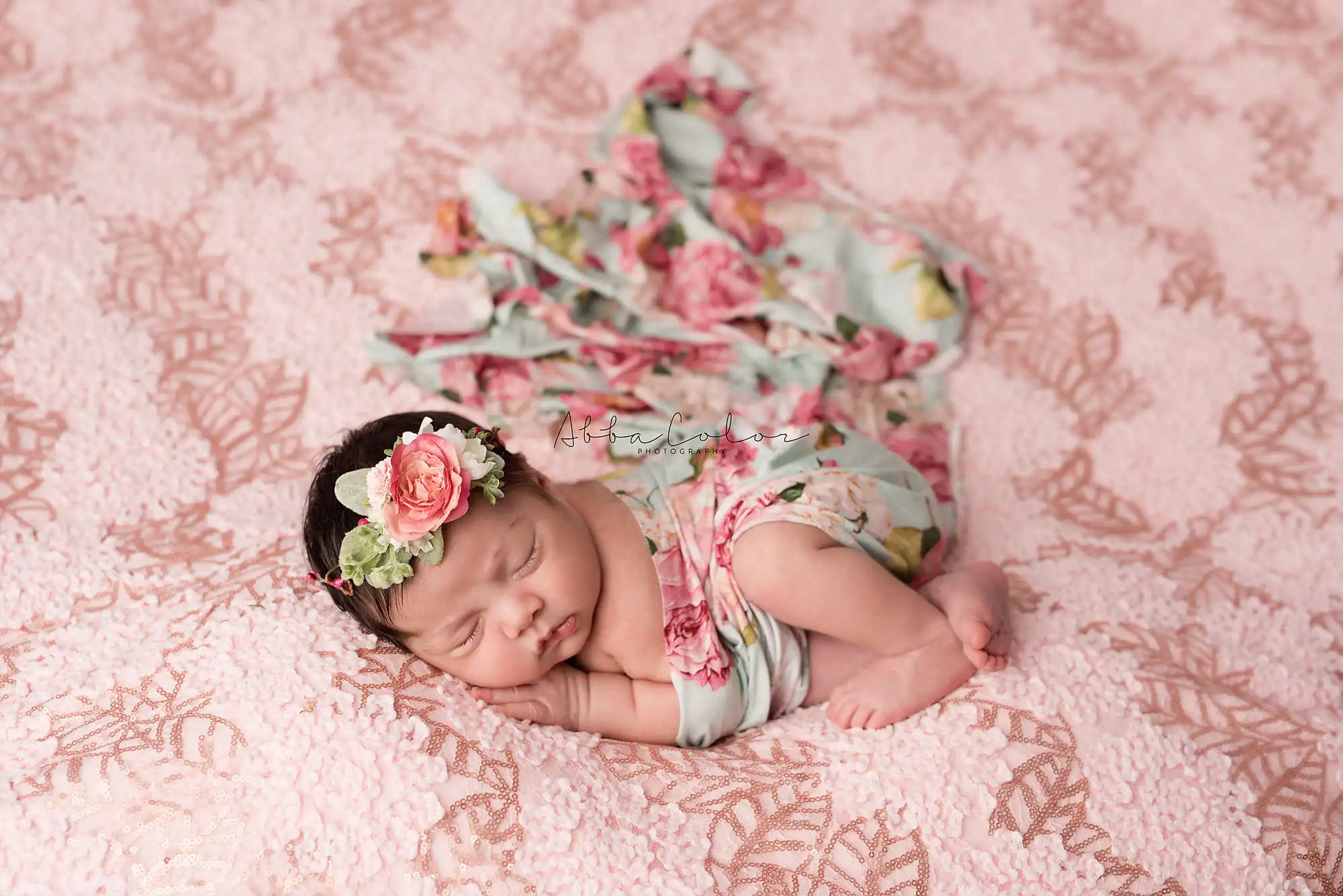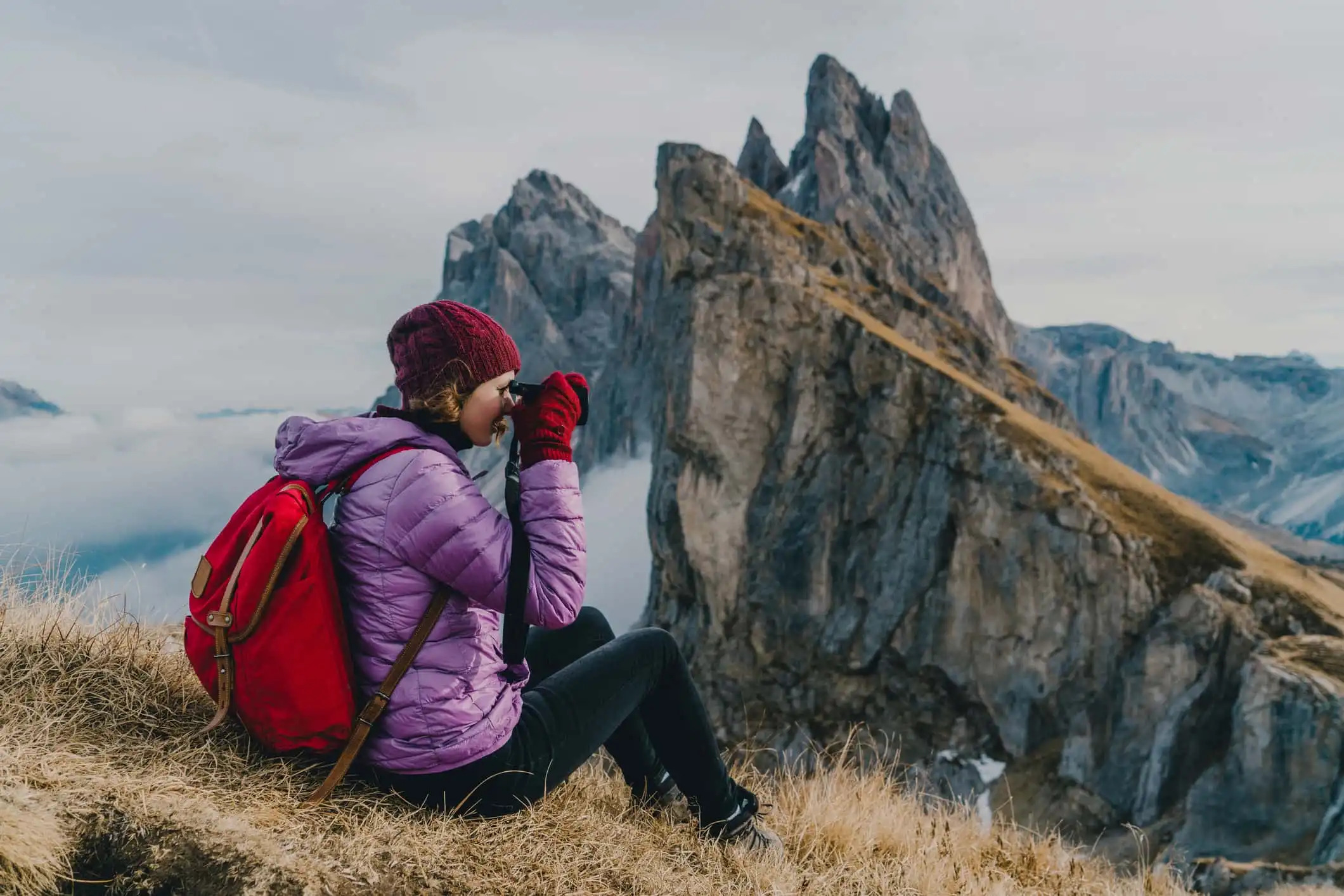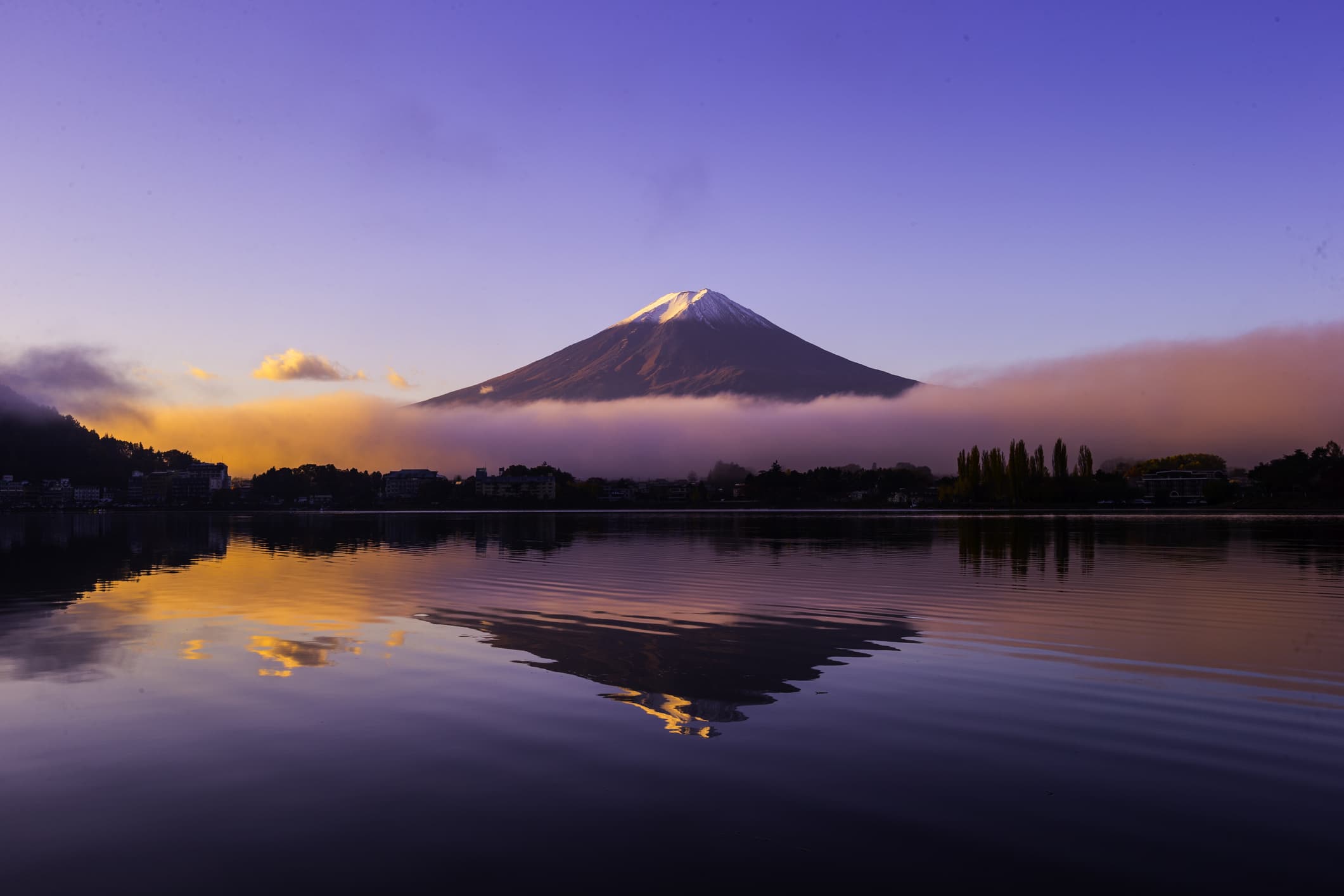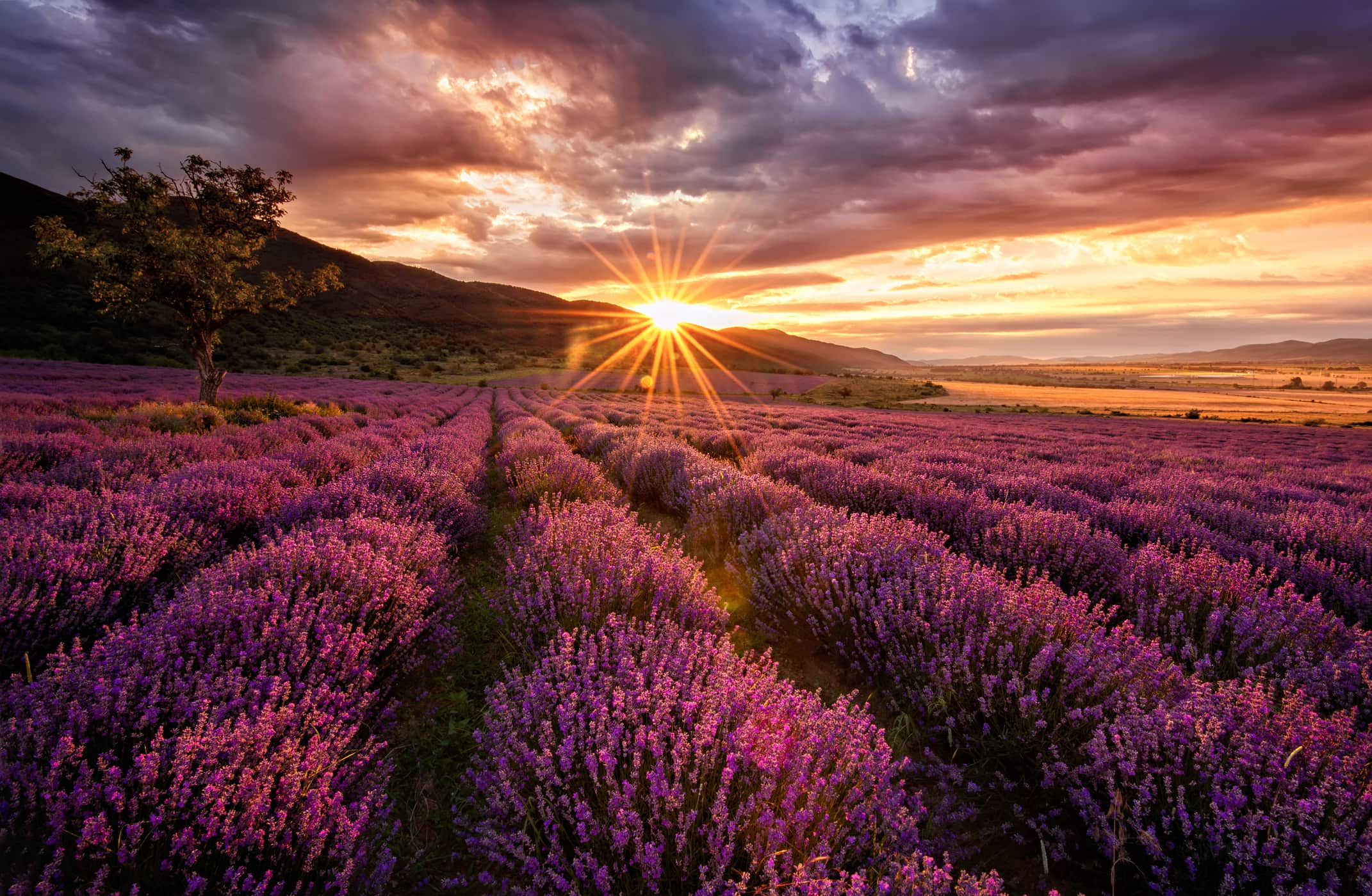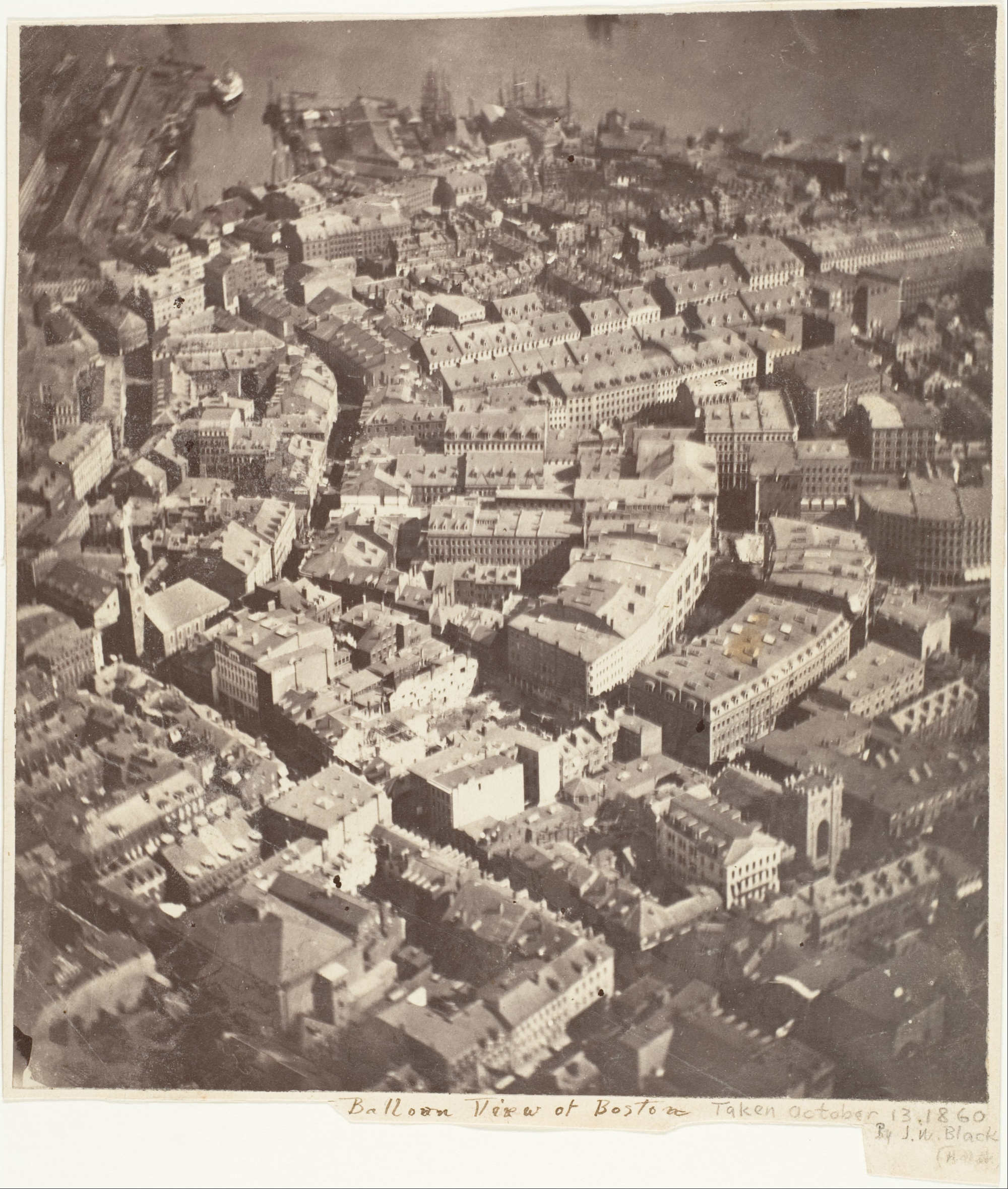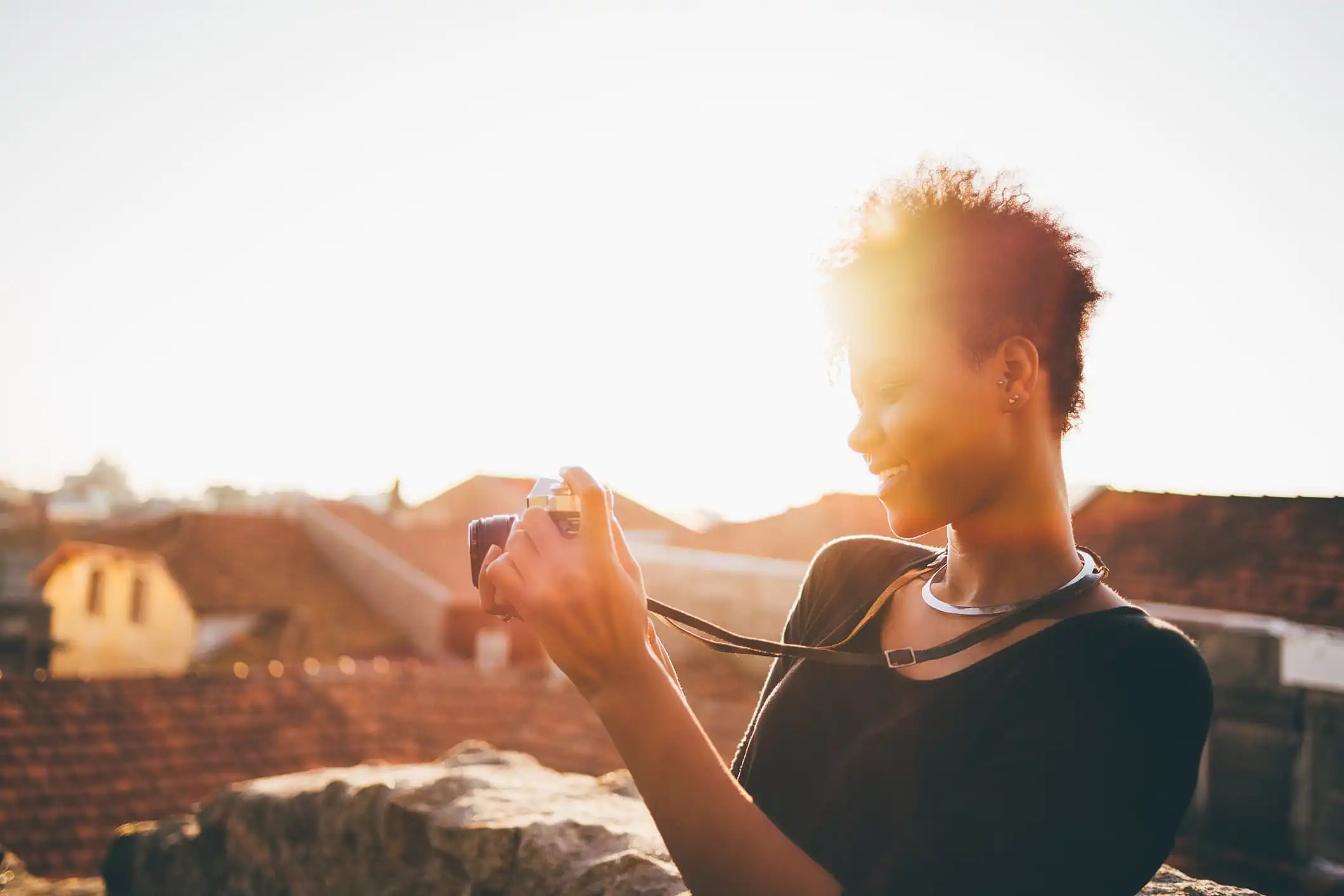Tips & Tricks
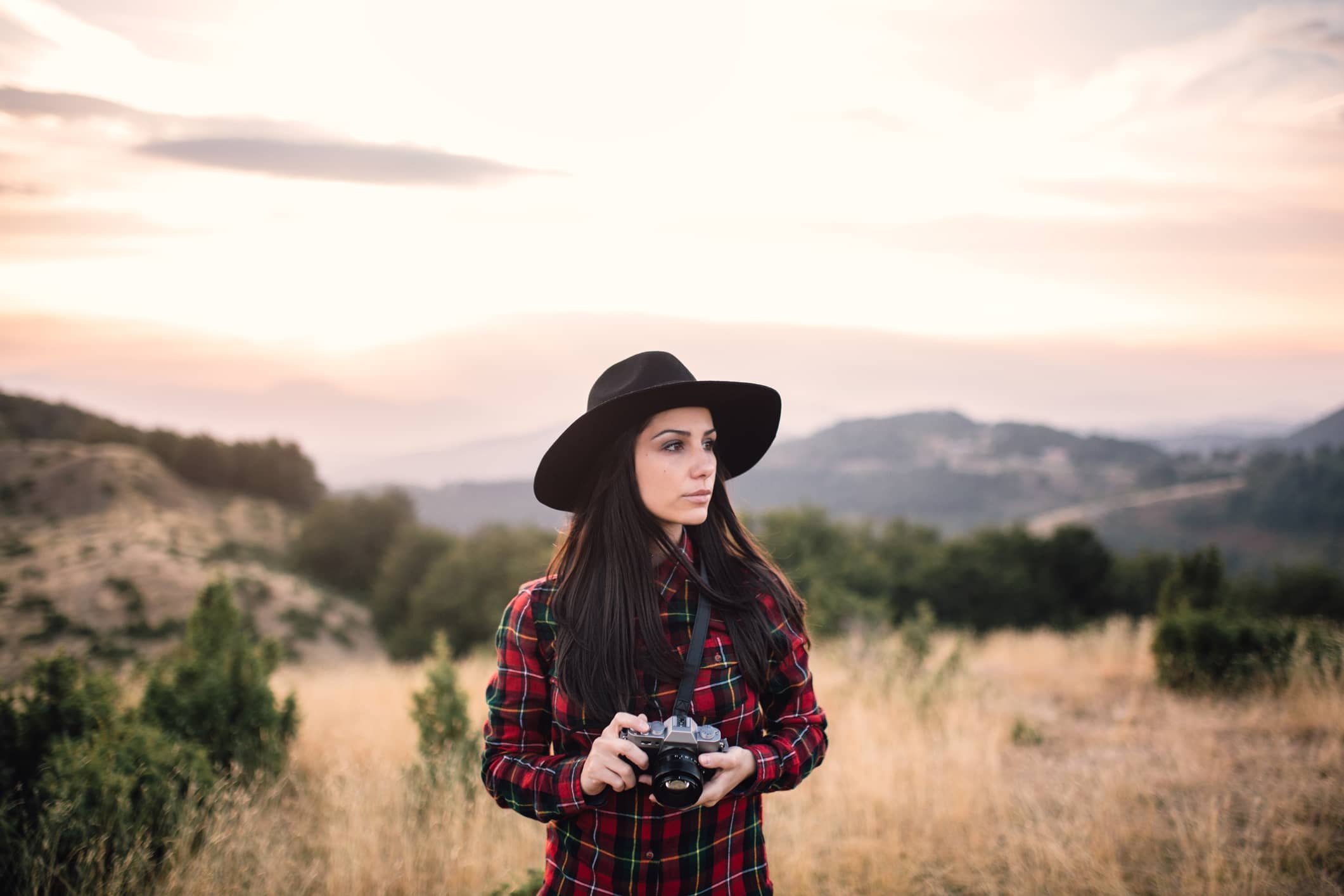
A 7-Step Process for Turning Your Photography Failures Into Successes
Photography Talk
Now that we're firmly into the new year, it's a great time to reflect on what went well and not so well with our photos in 2017.
Identifying what needs some work is especially important, that way you can set goals for the coming year to address those shortcomings.
It can be difficult to know where to begin, though, so I've put together this 7-step checklist to help you get on your way to taking better photos.
Step 1: Write Down Your Photography Goals
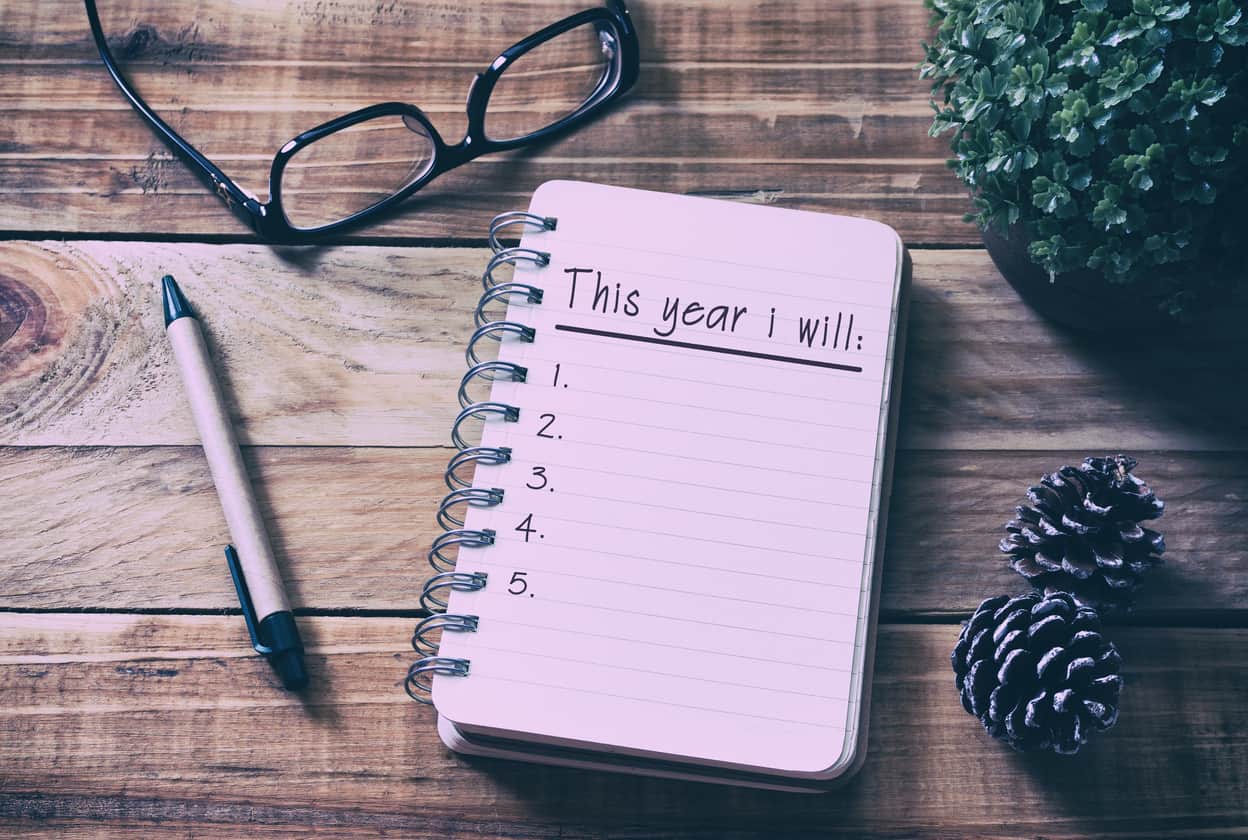
One of the primary reasons that people don't follow through on their New Year's resolutions is because they forget about them.
But you can keep your photography goals fresh in your mind by writing them down and placing that list somewhere you'll see it every single day.
Put a sticky note on the bathroom mirror. Leave a notepad on the kitchen counter. Put a note in your phone and set a reminder to look at your goals list each day.
However you go about it, just be sure that your goals are specific and achievable.
Instead of writing down something like "get better at photography," which is totally vague, put something like, "learn how to use the manual exposure controls on my camera."
That's a specific goal that you can work toward, and one that you can actually measure when you've achieved it.
Get more details on setting effective goals in the video above by Jay Shetty.
Learn More:
Step 2: Keep Things Simple
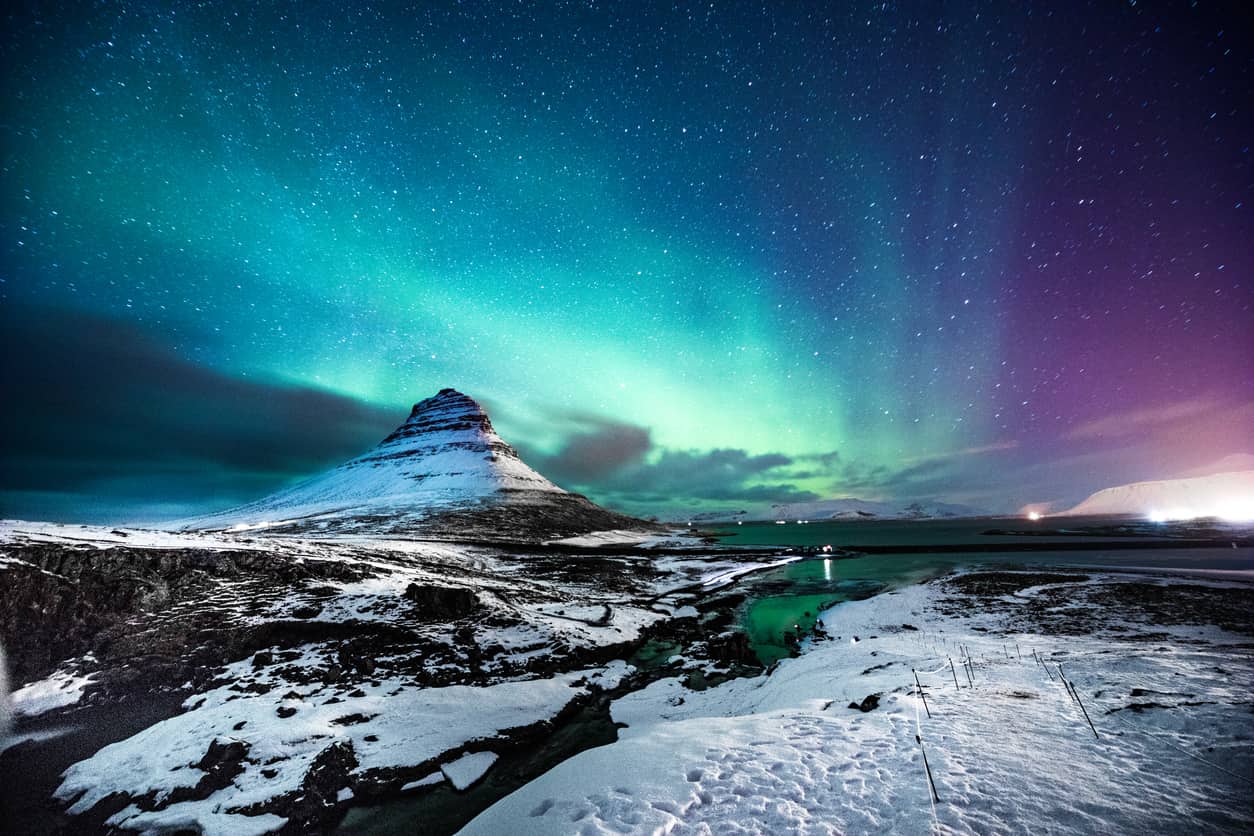
To build on the previous point, simple, clear-cut goals will keep you moving in the right direction more so than complex goals.
That's because with simple goals, you spend less time bogged down in the details of how you can accomplish the goal and more time actually working towards it.
For example, let's say that you want to get involved in astrophotography.
Rather than making that your goal, break it down into smaller, simpler goals, that together will help you become an astrophotographer.
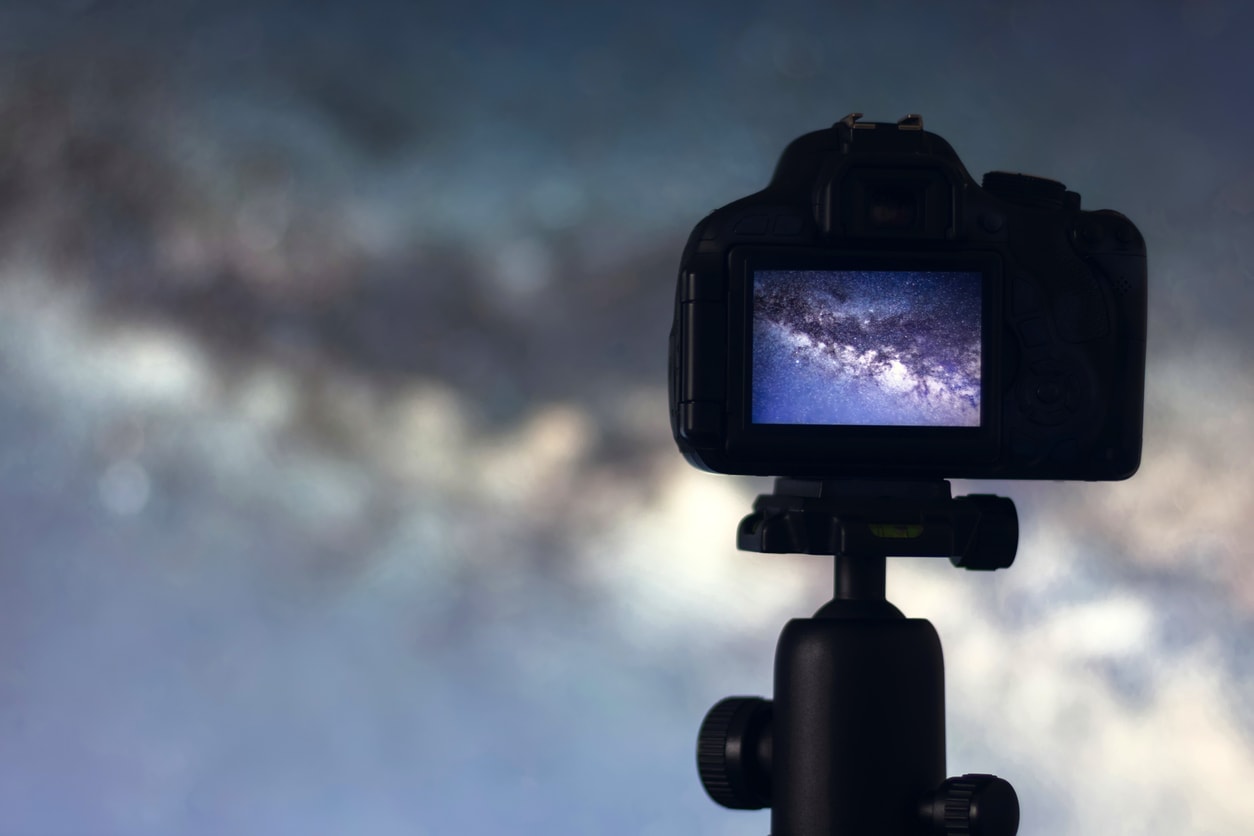
So, that might mean having a goal to learn about the gear that's needed for astrophotography. Then once you have that down, the next goal might be to actually buy the gear you don't have.
The next step after that might be to learn how to manually focus your lens, and the one after that might be to learn how to compose an eye-catching shot of the night sky.
You get the point...
Small, simple steps will get you to your end-goal much faster than trying to do everything all at once!
Step 3: Take What Action You Can
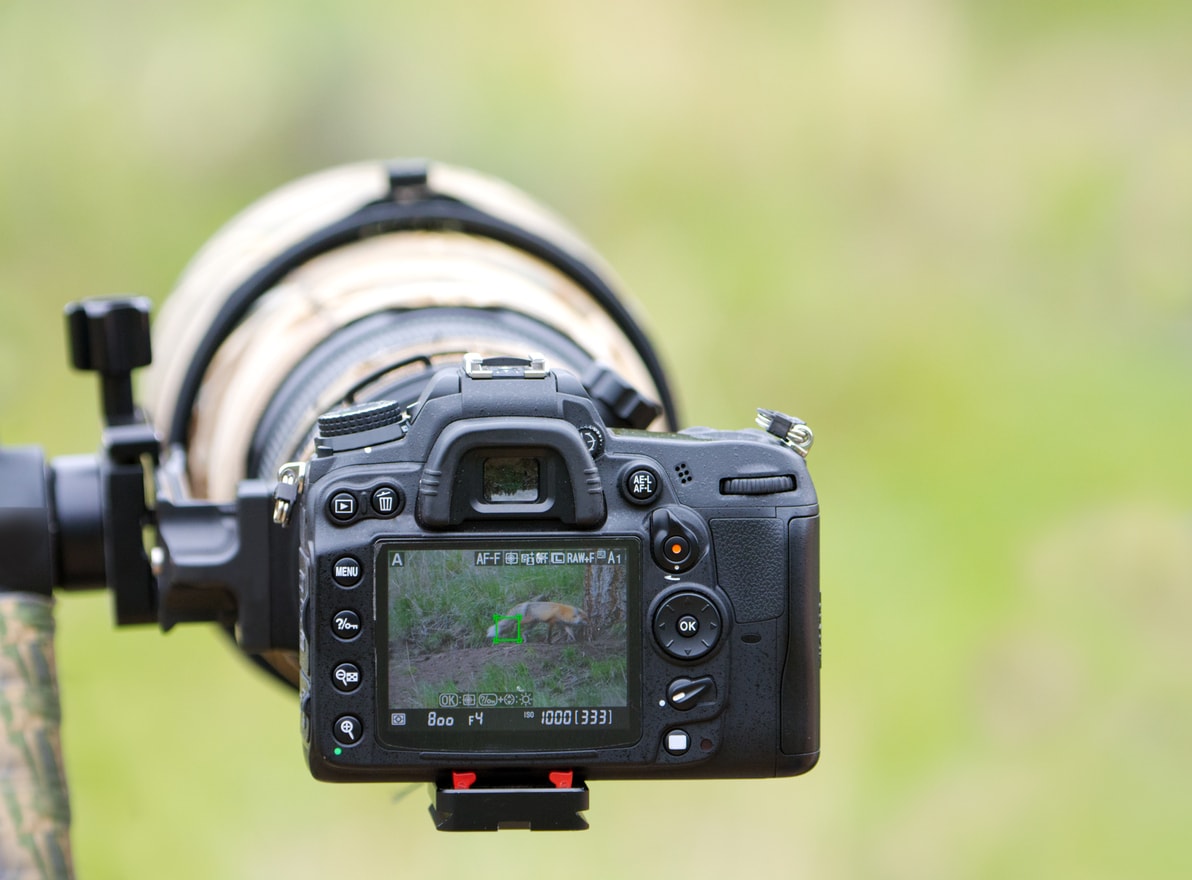
When creating your list of photography goals, there's sure to be some things that you simply cannot yet achieve.
For example, if you want to learn wildlife photography, you might not be in a financial position to purchase a telephoto lens, which tend to be pricey.
So, that means that you need to take action on any sub-goals that can help you achieve the primary goal you've set for yourself.
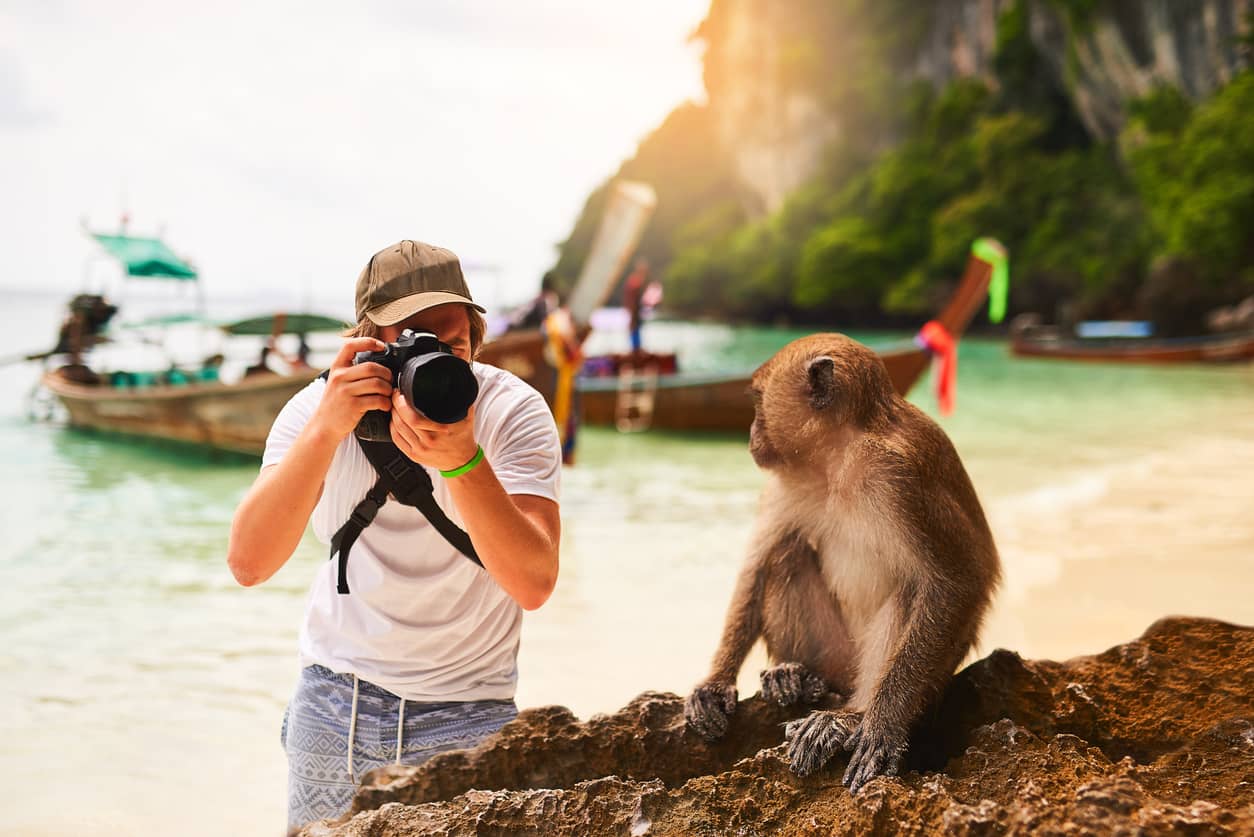
That might mean focusing your time on learning how to avoid the pitfalls of poor composition in wildlife photography.
Perhaps you work on framing your shots by photographing birds in your yard using your 50mm lens.
Or maybe you practice approaching wildlife in a non-threatening manner so you can get as close as possible without disturbing the animals.
The point is that even if your big goal isn't achievable right this instant, there's still plenty of work you can do to keep heading towards the finish line.
Learn More:
Step 4: Take a Lot of Photos
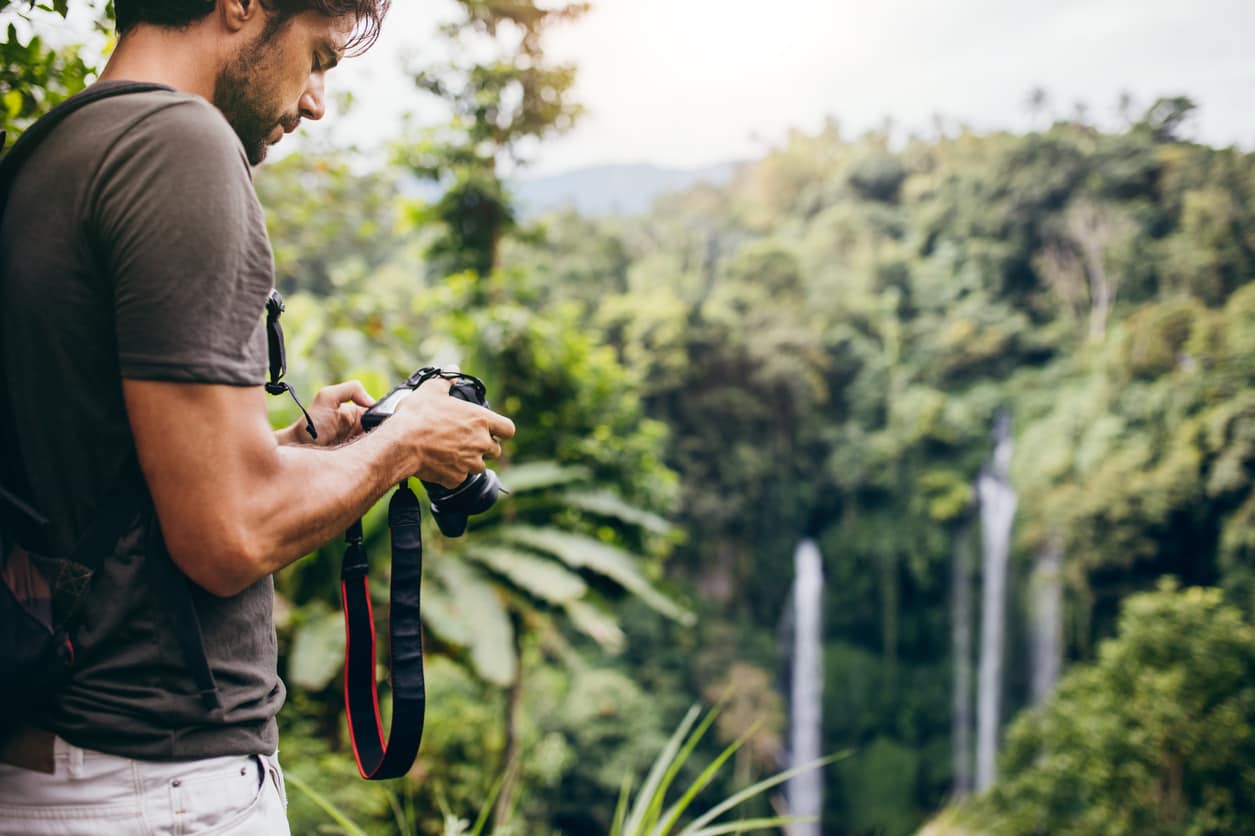
No matter what your photography goals are this year, one thing is for certain - the more photos you take, the better photographer you'll be.
Practice is the linchpin to any of your other goals. Reading how to do something is one thing; actually going out and putting your learning to the test is another.
Extra time is not something many of us have, so you have to be diligent in setting aside some time each day, or at least each week, to practice the new skills that you're learning as a photographer.
There's no magic formula for how much time you spend with your camera - just grab it and go as much as you can.
Step 5: Don't Be Too Hard on Yourself
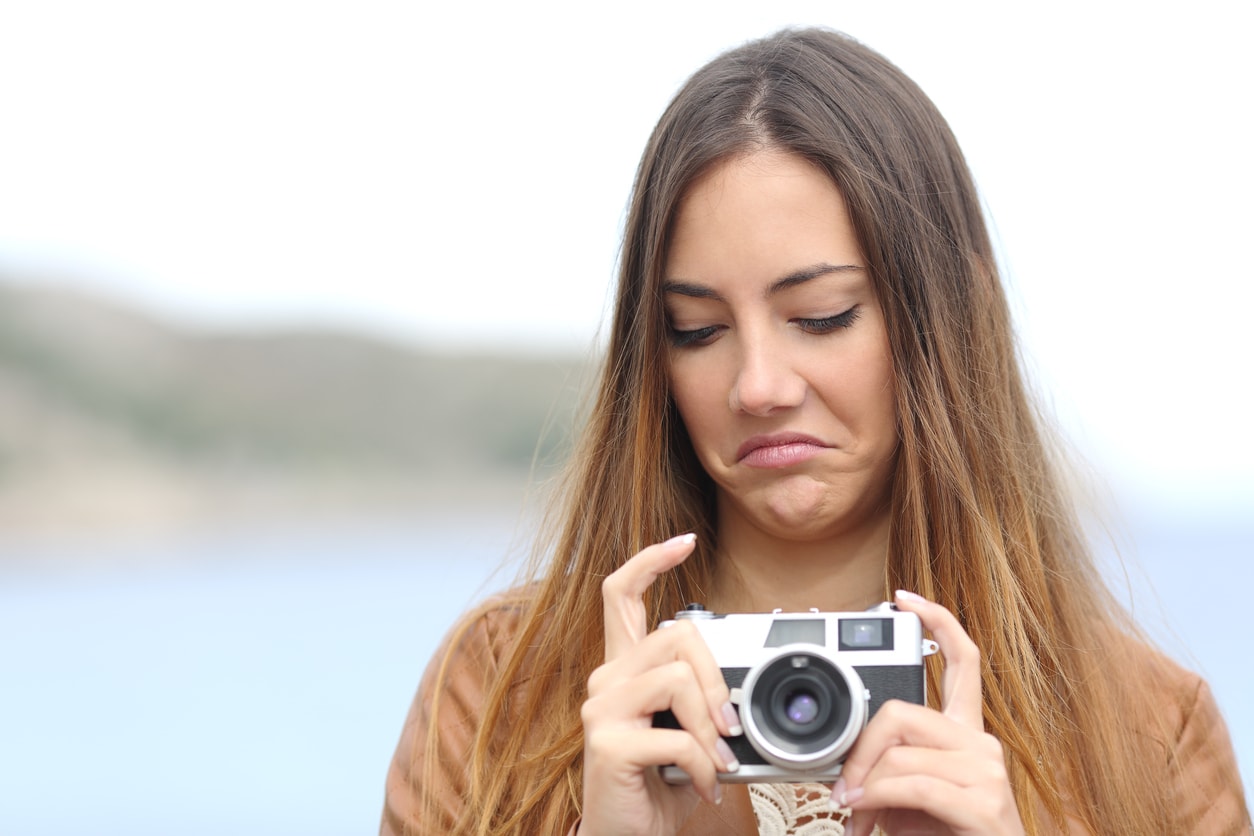
Photographers are often their own worst enemies, judging their work as subpar when things don't go quite right.
And though it's important to be self-reflective and have the ability to recognize what's working and what isn't in your photos, it's also important not to beat yourself up about things that don't quite go right.
Any mistakes you make when creating your photos are learning opportunities, not failures.
It's a chance to use your growing skills and knowledge as a photographer to critically analyze your work, identify what went wrong, and formulate a plan for rectifying the issue in the next round of photos you take.
Learn More:
Step 6: Solicit Feedback
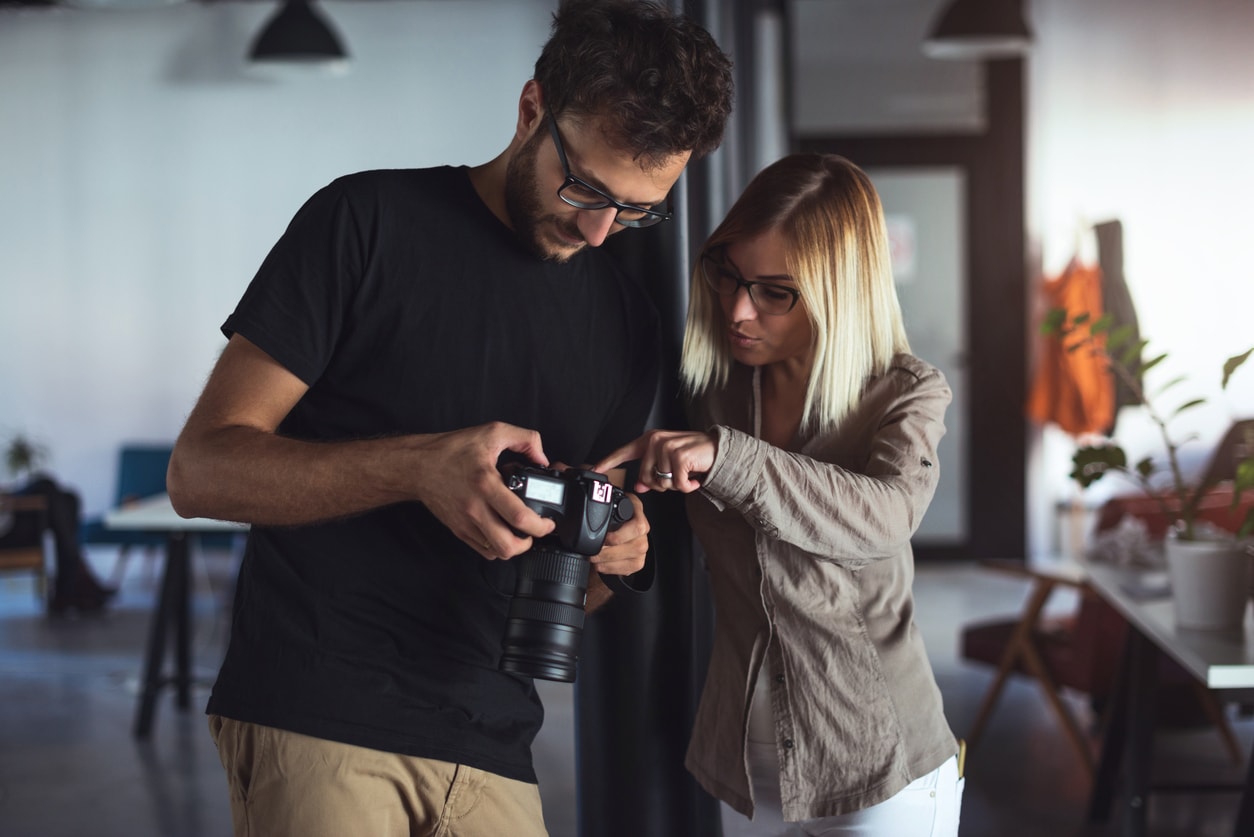
Speaking of analyzing your work, you will want to get some help reviewing your images if you intend to reach your potential as a photographer.
Although it can be a little intimidating, getting outside feedback on your photos is a great way to improve your skills and identify the areas in which you need to focus your attention.
The key here is to get feedback from reliable sources...
Though it's great to show your images to friends and family, by and large, loved ones tend to see things with rose-colored glasses.
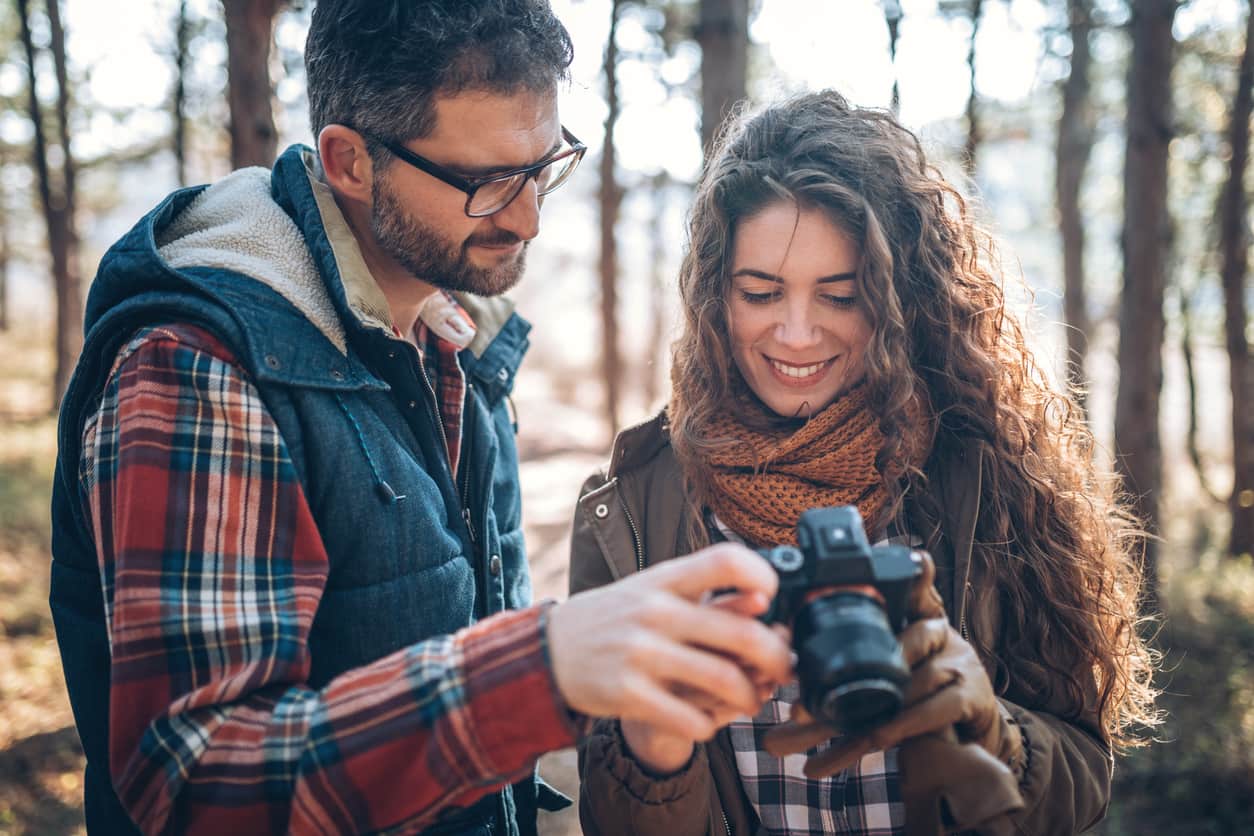
Instead, really challenge yourself by sharing your work with other photographers. Something as simple as uploading your images to the PhotographyTalk forum for a little critical feedback can do your photos tons of good.
That's because other photographers have the know-how and skillset to give you specific feedback that your friends and family might lack.
For example, if your image is a little overexposed, a photographer can tell you why it's overexposed and what you can do to fix it.
That sort of feedback is invaluable as you learn and grow as a photographer!
Step 7: Never Stop Learning
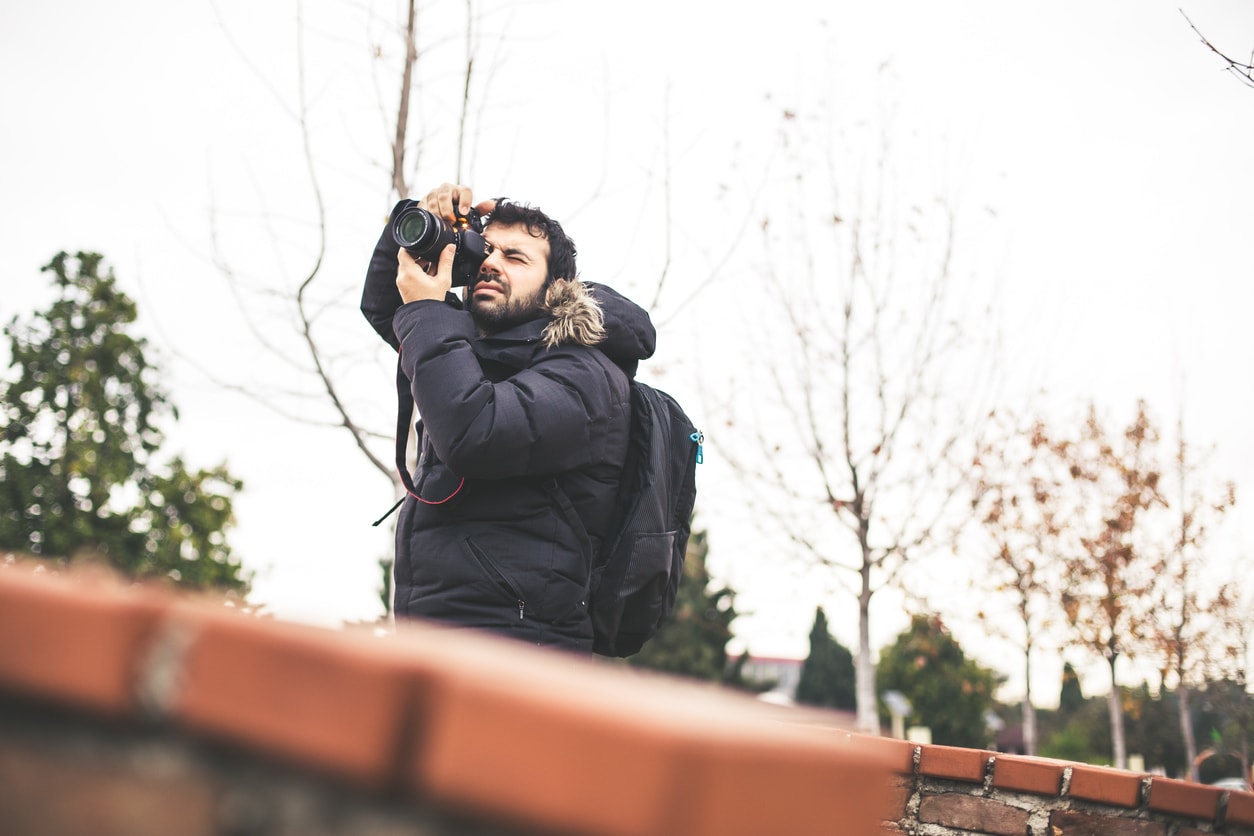
Each of the previous six steps have been small, measurable, and sequential.
To end this list, I'm offering up a bit of cliche advice to never stop learning.
While it's cliche to say so, in the end, if you push yourself each and every day to learn more about your camera, your lens, composition, lighting, and so on, with time, you'll find that you have achieved your photography goals.
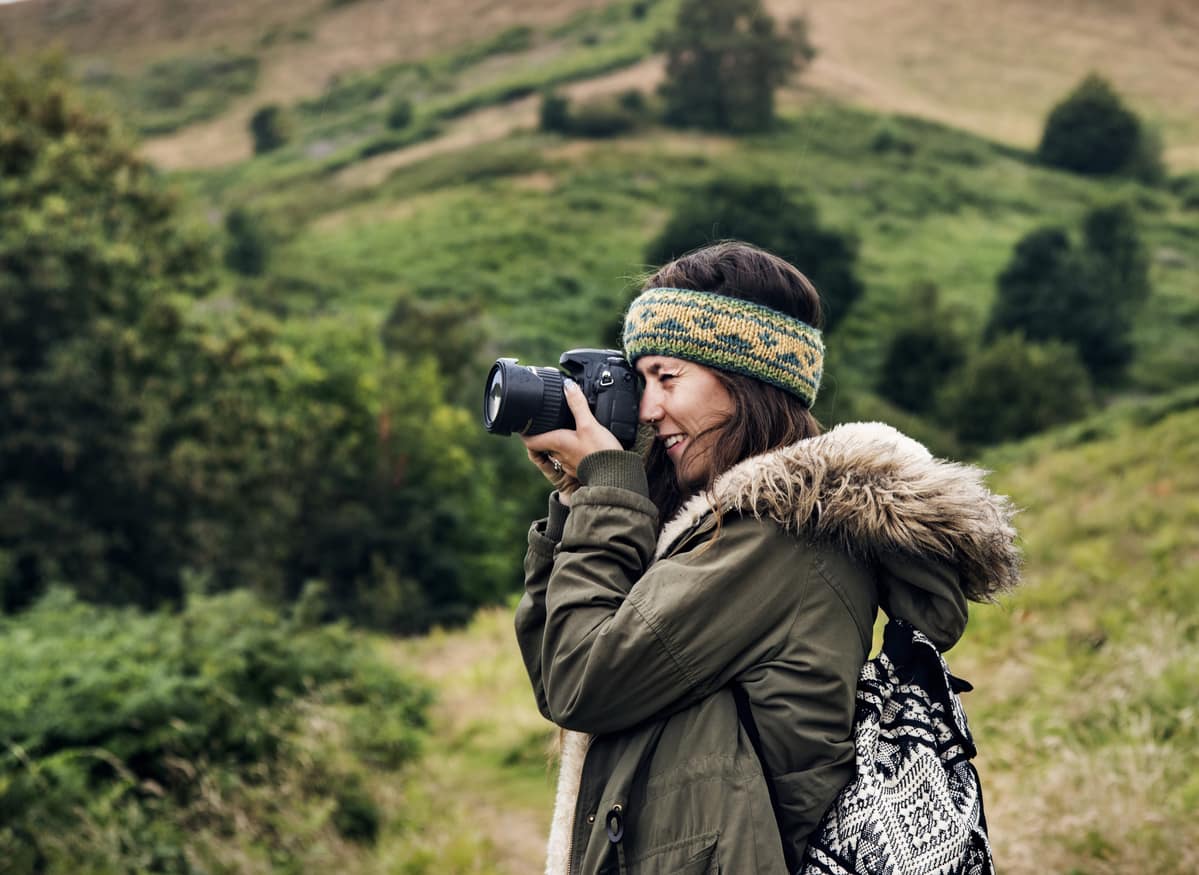
But it isn't a one-and-done process; becoming a great photographer requires that you continue in your commitment to get better, and that, in turn, requires that you never stop learning.
Learning to be a photographer is not a simple task, nor is it something that will be accomplished quickly.
But if you stick with the process, you'll find that one day, as you're reviewing your photos, you'll realize that all that hard work and time paid off, and that you're creating gorgeous photos you never thought would come from your camera.
For even more inspiration to up your photography game this year, have a look at the video above.
In it, DigitalRev TV offers up 50 photography tips to get you motivated!





